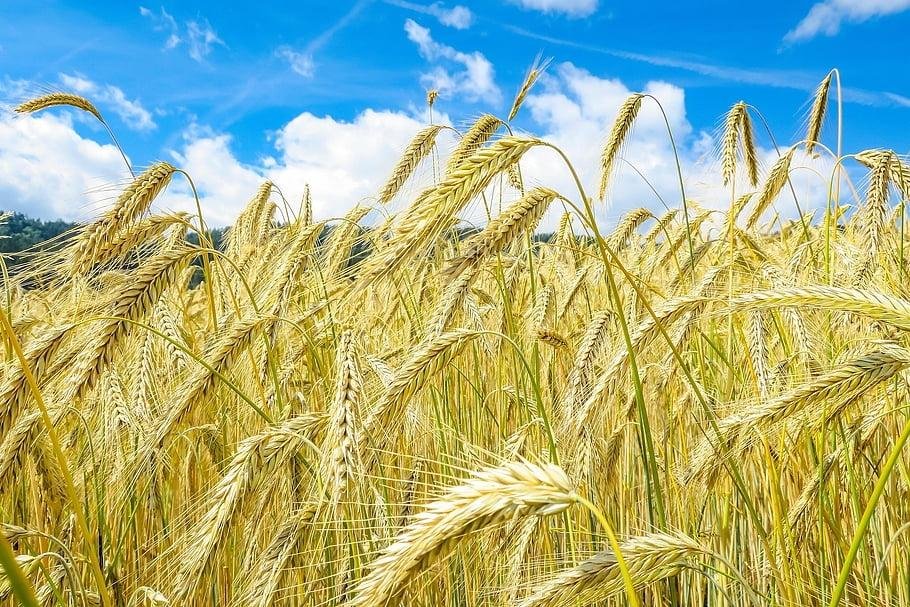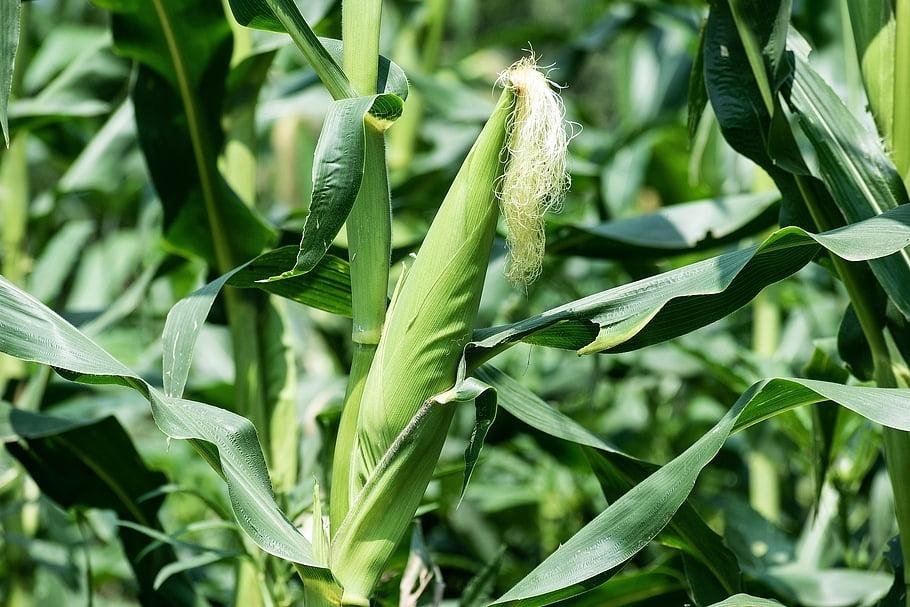Against the backdrop of increasingly severe global food security challenges, potassium fertilizer, as one of the three essential nutrients for crops, plays an irreplaceable role in ensuring high and stable crop yields and improving the quality of agricultural products. With the changes in the global supply and demand pattern of potassium fertilizer and the intensification of price fluctuations, it is crucial for agricultural producers to understand the scientific characteristics and application strategies of potassium fertilizer.

1. What is potassium fertilizer?
Potassium is one of the core elements necessary for plant growth and development. Its content in plants usually accounts for 0.2% to 4.1% of dry matter weight, second only to nitrogen. Potassium exists in the form of free potassium ions in plants, participates in the activation of more than 60 enzyme systems, and regulates key physiological processes such as photosynthesis, carbohydrate transport, and protein synthesis.
Potassium fertilizer, as the main source of potassium nutrients to supplement soil, has become an indispensable input in modern agricultural production.
2. The core role of potassium fertilizer: the value of quality elements
Enhance stress resistance: Potassium can regulate cell sap concentration and cell wall permeability, and promote the metabolism of carbohydrates and nitrogen in crops. In drought, it promotes the closure of stomata to reduce water loss, significantly improving the crop's drought resistance, cold resistance, disease and pest resistance, and lodging resistance.
Improve quality: As a "quality element", potassium fertilizer can increase the protein content of grain crops, increase the oil content of oil crops, and increase the starch sugar content of tubers and sugar crops; it can also improve the shape, color and flavor of fruits, increase the vitamin C content, and enhance the storage resistance of products.
Promote yield increase: Potassium fertilizer increases corn ear length, grain number and grain weight by promoting the transportation of photosynthetic products; promotes the expansion of tubers and tubers; increases the fruiting rate and thousand-grain weight, providing a guarantee for high and stable yields.
3. Applicable crops: a tool for increasing the yield and improving the quality of potassium-requiring crops
Cash crops: beans, potatoes, cotton, hemp, tobacco, etc. Potassium can increase the strength, length and fineness of cotton and hemp fibers
Fruit trees and vegetables: apples, citrus and other fruit trees and nightshade vegetables. Potassium can promote fruit enlargement, improve color and flavor, and extend shelf life
Food crops: corn, rice and other cereal crops, enhance lodging resistance and promote grain filling
Oil crops: improve oil content and fatty acid quality
4. Fertilizer selection guide
Potassium sulfate: suitable for all kinds of crops, especially for chlorine-sensitive crops (tobacco, fruits, vegetables)
Potassium dihydrogen phosphate: foliar spraying is recommended (300-500 times dilution), fast absorption and high efficiency
Potassium chloride: economical price, suitable for rice, corn, cotton and other non-chlorine-sensitive crops
In the field of agricultural planting, scientific understanding of the role of potassium fertilizers, reasonable selection of potassium fertilizer types, accurate grasp of fertilization timing, and balanced fertilization plans can significantly enhance crop resistance and provide solid guarantees for global food safety production.





